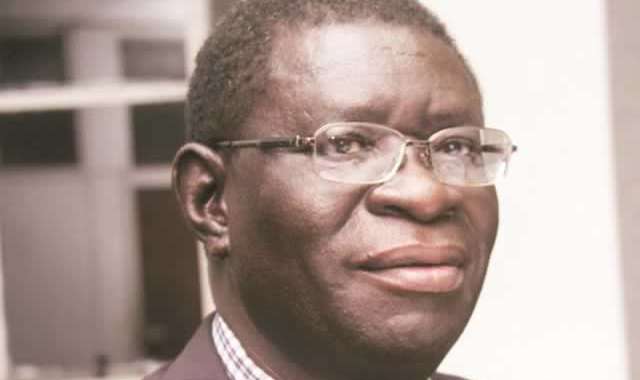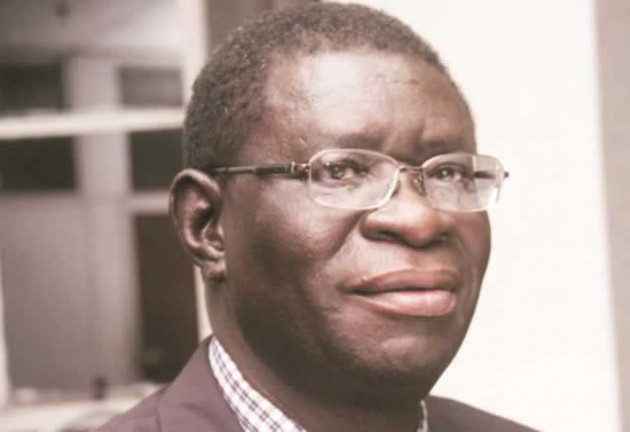‘Zim committed to KP reforms’

Happiness Zengeni in BRISBANE, Australia
Zimbabwe is committed to reforms currently being introduced by the Kimberley Process that seek to improve the global diamond certification scheme. This comes as the Kimberly Process resolved to create an ad hoc Committee on Review and Reform at the just ended KPCS plenary meeting in Brisbane in Australia.
The main task of the ad hoc committee would be to review the core document of the KPCS in order to improve it both administratively and financially. This follows various past interventions from members and participants to the KP about the importance of reform in order to continue the grouping’s mission to deliver the duty of care owed to communities and consumers with respect to conflict-free diamonds.
“As Zimbabwe, we go along with the review process agreed on during this Plenary, which we believe will not cause any problems to the diamond sector in the country. Already we are not involved in conflict diamonds.
But what we can do is to improve our systems further and the challenges we are facing in the expectations that we will continue to be a compliant member in the KPCS,” said Zimbabwe’s head of delegation to the meeting Attorney General Advocate Prince Machaya.
The Committee is expected to begin its review in the first quarter of 2018. It will consider how to make the language and intent of the core document as clear and concise as possible adding greater clarity between the use of terms employed by both the scheme documents and other external documents, such as commercial or customs documents. Already the Plenary approved changes to the term “Country of Origin” will be replaced by the term “Country of Mining Origin”.
The committee, to be chaired by India and deputised by Angola, will also consider how to incorporate improved and efficient means of implementation of the Kimberley Process embodied in administrative decisions since the inception of the Process that are not reflected in the Core Document and to consider how to strengthen the scope of the Kimberley Process.
Adv Machaya also said welcomed the agreement to undertake a needs assessment for a voluntary multi-donor trust fund, with a view to making a proposal as required, to support KPCS participation from least developed countries, civil society and experts, including the scope and eligibility of such support, governance, administration and audit.
The KP meetings also resolved to the conditional admission of Gabon as a Kimberley Process participant. To be admitted, Gabon would need to enact the required legislation related to the fulfilment of the KPCS requirements and notifies the CPC chair. In addition, by March 2018, the country should have a comprehensive roadmap of detailed activities to be carried out within the 12 months, submitted to Committee on Participation and Chairmanship and Working Group on Monitoring chairs.
The Plenary also resolved to set up a dedicated Secretariat. The European Union is the next chair for the KP family for 2018 and will be deputised by India.










Comments